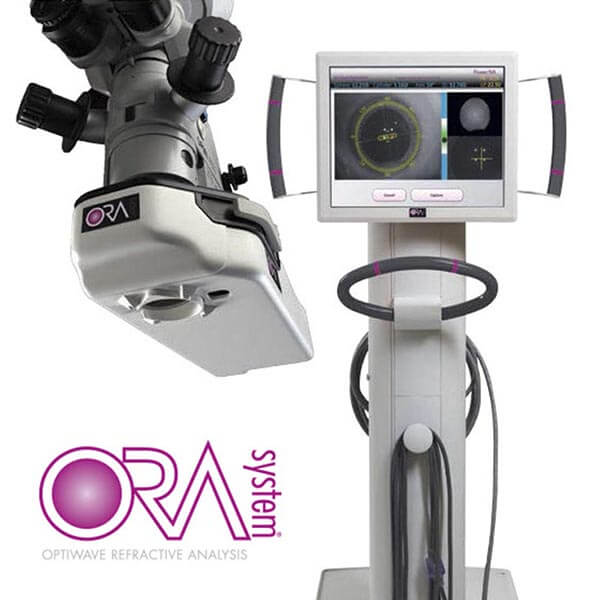
OptiWave Analysis is a revolutionary new technology that assists ophthalmologists during surgical procedures on the human eye, such as cataract surgery.
Even with the most sensitive diagnostic equipment, the clouded, hardened cataract lens may alter measurements taken. OptiWave Analysis is unique in its ability to measure the optical aberrations after the cloudy, cataract is removed.
Acting like a GPS for your surgeon, OptiWave Analysis works by directing a beam of low intensity laser light into the eye during the surgical procedure after removal of the cataract. The laser light reflects off of the patient’s retina, and sensors in the OptiWave Analysis instrument analyze the reflected wave of light exiting the eye, guiding your surgeon more precisely to the intended visual result.
Using OptiWave Analysis, your surgeon can easily take a more precise real time measurement of your eye and make any minor adjustments, if necessary, prior to implanting the new lens. The measurement occurs when and where it matters most – during the surgical procedure, not afterwards. OptiWave Analysis can assist surgeons in selecting the most precise lens for your eye, as well as more accurately correcting for any astigmatism. If uncorrected, an astigmatism can cause blurry or double vision. Correcting astigmatism in glasses and contact lenses after the procedure can add additional costs to purchase them.
With the ORA system, the end result is patients achieving more precise surgical outcomes, and most importantly, an improved quality of vision.

There are many important benefits to having OptiWave Analysis technology included as part of your vision correction procedure. These include:
We are proudly offering OptiWave Analysis at Frisbie Memorial Hospital in Rochester, New Hampshire and Wentworth Douglass Hospital in Dover, New Hampshire.